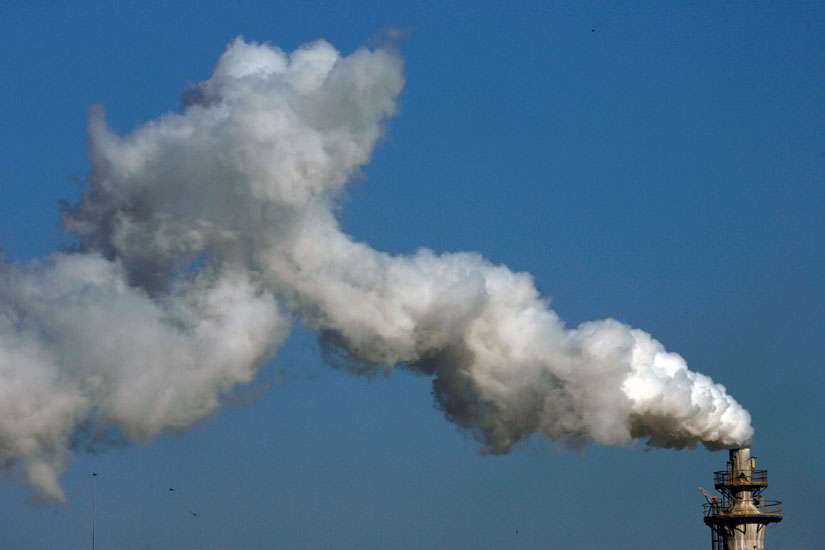The 53 groups, describing themselves as “religious institutional investors” who represent more than $2 billion in assets, asked Finance Minister Joe Oliver to have the Canadian government “set a clear, reliable and effective price for carbon emissions with the goal of reducing greenhouse gas emissions and limiting catastrophic climate change.”
The letter was released to the public April 14, the day after Ontario announced it would bring in a cap and trade system to reduce carbon emissions. The province will cap the allowable levels of emissions and allow those industries that exceed them to trade permits with those that have burned less. Quebec already has a cap and trade system in place. British Columbia took a different route and introduced a carbon tax in 2008. The letter does not specify how to price carbon emissions.
While noting the care of creation is part of the groups’ faith traditions, the letter stressed the links between the economy and care for the environment and does not specify how carbon emissions should be priced.
“It is all of our responsibility to take serious action on climate change,” said Bridget Doherty, who works for the Justice, Peace and Integrity of Creation office for the Sisters of Providence of St. Vincent de Paul, based in Kingston, Ont. “Climate change is real and we know we have a real responsibility to do the right thing.”
The Sisters of Providence joined the Jesuits of English Canada, the Oblates of Mary Immaculate, the Loretto Sisters, the Presentation Sisters, the Congregation of the Holy Cross, the Redemptorists and many other religious congregations from across the country in signing the letter. The Anglican Church of Canada, Evangelical Lutheran groups, the Canadian Friends Service Committee, Citizens for Public Justice, the United Church of Canada’s pension fund and other faith institutions also signed.
Anne-Marie Jackson, provincial assistant for social and international ministries for Jesuits in English Canada, said provincial Fr. Peter Bisson signed on because the longstanding interest Jesuits have taken on the effects of the economic crisis, the erosion of the environment and climate change on the poor, marginalized and vulnerable populations. The economy and environment are “inextricably linked.”
“Both a carbon tax and cap and trade are two different ways of coming at some of the change that’s needed,” she said. “We definitely feel this federal government needs to be taking a much stronger stand on either a carbon tax or cap and trade.”
Where you put your money and how you use your money “speaks to who you are and what your values are,” Jackson said. For religious communities, using money is a part of their ministry.
For industry and for consumers alike, a carbon tax makes it clearer what price they are going to pay, giving more certainty, Doherty said.
However, cap and trade “is moving in the right direction of making polluters pay and recognizing this is an important issue.”
Collecting a price on carbon is one thing, Doherty said.
“It is also important that any money collected is used wisely for better public transportation, high speed rail, renewable energy and further measures. It’s about quality of life for people, for our generation as well as future generations,” she said.
The letter was organized by SHARE (Shareholder Association for Research and Education), a British Columbia-based organization that advises on responsible investment integrating “environment, social and governance considerations into the investment management process.”
“As those entrusted with the financial health of funds held in trust for our faith communities and the retirement incomes of those who serve them, we understand the responsibility to act now in ways that sustain the economic health of our communities, the employment this supports and the environment upon which the long-term viability and growth of our financial investments depends,” the letter said.
Doherty said there is a “divestment movement” leading investors to move away from fossil fuel resources towards “more socially just and more socially aware organizations.”
At first the idea of moving away from fossil fuel investment may have seemed unwise, she said, but the worldwide reduction in the price of oil made that decision now look “quite prudent.”
“Having incentives to conserve is an important part of this,” Doherty said. “Conservation should be first; having a price to converse energy will encourage energy conservation.”


